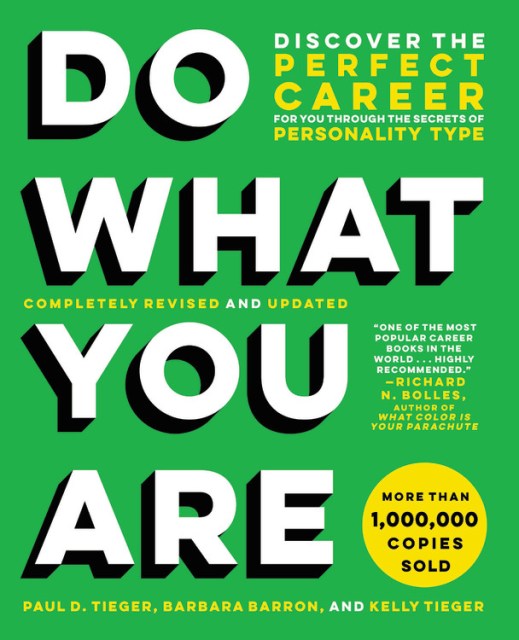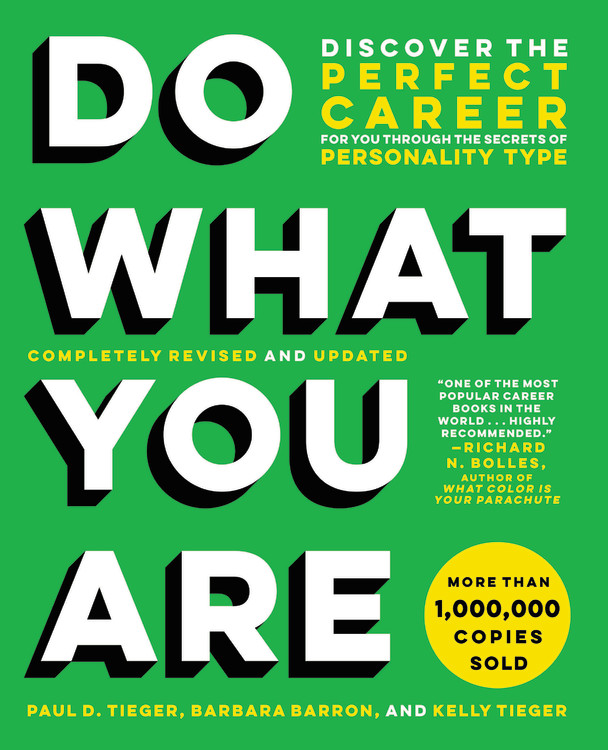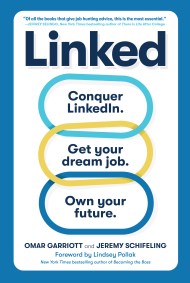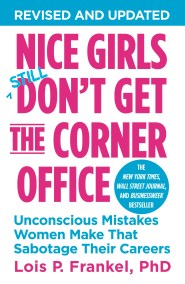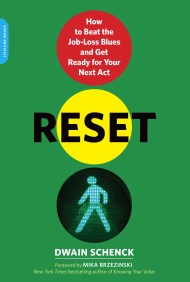Promotion
Use code FALL24 for 20% off sitewide!
Do What You Are
Discover the Perfect Career for You Through the Secrets of Personality Type
Contributors
By Kelly Tieger
Formats and Prices
Price
$21.99Price
$28.99 CADFormat
Format:
- Trade Paperback (Revised) $21.99 $28.99 CAD
- ebook $12.99 $16.99 CAD
- Audiobook Download
This item is a preorder. Your payment method will be charged immediately, and the product is expected to ship on or around April 13, 2021. This date is subject to change due to shipping delays beyond our control.
Also available from:
Do What You Are—the bestselling classic that has helped more than a million people find truly satisfying work—is now updated for the modern workforce. With the global economy's ups and downs, the advent of astonishing new technology, the migration to online work and study, and the ascendancy of mobile communication, so much has changed in the American workplace since this book's fifth edition was published in 2014.
What hasn't changed is the power of Personality Type to help people achieve job satisfaction. This updated edition, featuring 30% new material, is especially useful for millennials and baby boomers who are experiencing midlife career switches, and even those looking for fulfillment in retirement. This book will lead you through the step-by-step process of determining and verifying your Personality Type. Then you'll learn which occupations are popular with each Type, discover helpful case studies, and get a full rundown of your Type's work-related strengths and weaknesses.
Focusing on each Type's strengths, Do What You Are uses workbook exercises to help you customize your job search, get the most out of your current career, obtain leadership positions, and ensure that you achieve the best results in the shortest period of time.
-
"This is one of the most popular career books in the world. It's easy to see why. Many have foud great help from the concept of Personality Type, and Teiger and Barron are masters at explaining this approach to career choice. Highly recommended."Richard N. Bolles, author of What Color is Your Parachute?
-
"A revolutionary way of finding the right job. Every job hunter or career changer needs this book."Kevin Harrington, Career Services, Harvard Graduate School of Education
-
"Do What You Are offers an easy way to discover some extremely useful information about your Personality Type. When you are armed with this new self-awareness, the directions toward your own job and career satisfaction become clear."William Corwin, Office of Career Services, Princeton University
- On Sale
- Apr 13, 2021
- Page Count
- 384 pages
- Publisher
- Little Brown Spark
- ISBN-13
- 9780316497145
Newsletter Signup
By clicking ‘Sign Up,’ I acknowledge that I have read and agree to Hachette Book Group’s Privacy Policy and Terms of Use
